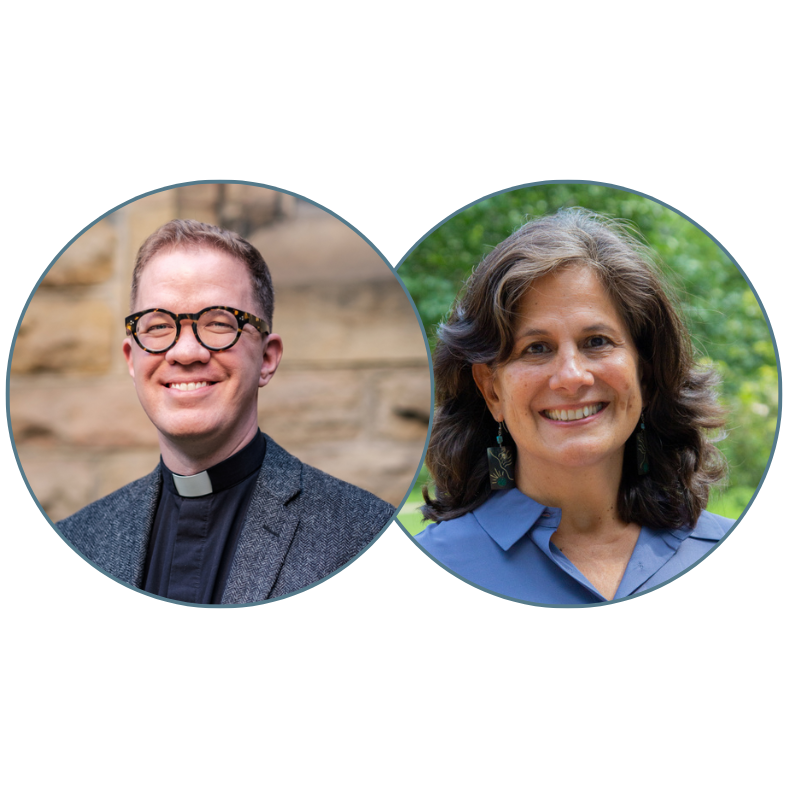JOURNEY TO THE CROSS: A 12-DAY READING PLAN
Jan 19, 2024
The following excerpt was taken from Journey to the Cross: A 12-Day Reading Plan
The God Who Cannot Suffer Suffered–By Dr. Wesley Hill
I still vividly remember the first time I went to speak with an older, wiser Christian about some significant personal pain. I remember, afterward, feeling the joy of a burden lifted. I remember why I went to see that particular mentor rather than someone else. First, I knew that this friend had suffered. He had already described for me his own dark times in which he had cried and prayed to God for relief. Second, I knew my friend had somehow journeyed on beyond where I was. It was the combination—suffering and godly maturity—that made me want to confide in my friend.
This experience illustrates why many Christians throughout the ages have wanted to affirm two things about God’s saving relationship to us. Placing their faith in a crucified Savior, the early Christians declared that God has suffered. It was, in the words of the church fathers, precisely one of the Trinity who bled and died for us. But, in the same breath, our Christian forebears also declared that God—the same God who hung on a tree for our salvation—didn’t give up his transcendent majesty when he did so. God remained who he always had been: the One who is beyond human change, suffering, and death.
Thinking back to my time with my older friend, I knew I needed to talk with someone who would be a sensitive fellow sufferer. But I also knew that no amount of “I’ve been there too” camaraderie would be enough if my mentor couldn’t also somehow pull me out of the mire I’d fallen into. The same is true with God—albeit in a qualitatively different way. The reason the death of Jesus is able to defeat death, rather than capitulate to it, is that Jesus is God. He is the same God who told Moses from the burning bush, “I Am Who I Am” (Ex. 3:14). He is the One who stands beyond time and the waves of human vacillation and defenselessness. That is the One who carried his own cross to Calvary. If that One died, his death could never be mere sympathetic co-suffering with us. That death was the end of death. That death broke death’s power forever because it was the death of the Deathless One.
He Is Our Peace–By Dr. Ruth Padilla DeBorst
Pax Romana was fragile, pounded precariously together with cross nails and oppressive taxation. But one night, angels shattered the repressed silence with joyful songs of “Peace on Earth!” They announced a different kind of peace to a weary people: The long-awaited Prince of Peace had broken into history in the shape of a poor working-class baby in an insignificant corner, far from the seats of Roman and temple power.
Once he went public, Jesus’ rule was not marked by military or economic might. Instead, he gave himself away, granting sight to the blind, feeding the hungry, liberating the oppressed, and affirming the dignity of women, children, and others who were marginalized in Jewish society.
Rather than imposing security by repression and death, Jesus took on the scornful cross in loving sacrifice. In so doing, he unveiled as deceitful the powers of death that held humanity estranged from God, from one another and from the rest of creation. Christ, our peace, effected salvation, giving new life to the dead. He reconciled our relationship with God, healed from enmity to a broken humanity, and restored the entire created order. This is surely Good News of true peace, Pax Christi. Jesus is our peace.
Jesus also made peace through his death. When he died, the temple curtain, separating off the Holy of Holies, ripped in half (Matt. 27:51). Now access to God was no longer restricted to certain people or certain times!
Christ has abolished “the law of commandments expressed in ordinances, that he might create in himself one new man in place of the two, so making peace, and might reconcile us both to God in one body through the cross, thereby killing the hostility” (Eph. 2:15–16, ESV). Thanks to Christ’s peacemaking life, death, and ongoing ministry through the Spirit, Jesus followers are now one.
JOURNEY TO THE CROSS
Articles
